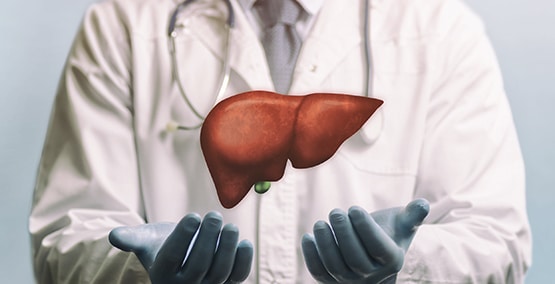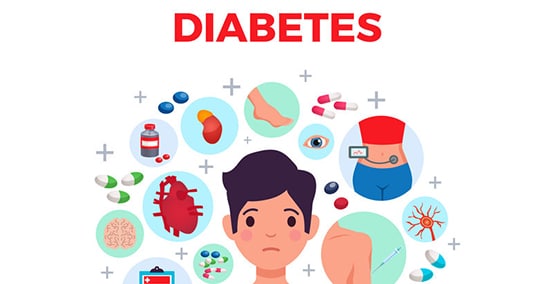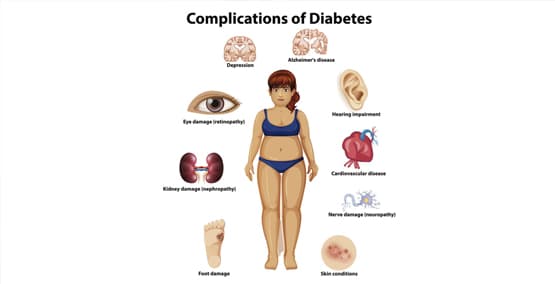
Pancreatic problems in cystic fibrosis
How PERT can help
-The pancreas releases enzymes into the small intestine for digestion. These enzymes are needed for digestion and absorption of the foods we eat. Kids and adults with Cystic Fibrosis (CF) have a problem making the fluids that keep our lungs moist and also the ones that carry the digestive enzymes. Normally thin juices from the pancreas become thick mucus in CF. This thick mucus can clog the ducts to the intestine so the enzymes can't completely digest the fats, proteins and sugars in foods.
That inability, known as pancreatic insufficiency, affects approximately 85% of children with CF. The foods they eat can't be broken down (digested), which also means the nutrients in those foods can't be absorbed–they are malabsorbed. The only way to treat pancreatic insufficiency is to feed these children the missing enzymes along with their food. This is called Pancreatic Enzyme Replacement Therapy (PERT).
Pancreatic enzymes (PERT)
Enzyme capsules are to be taken with each meal and snack to help digestion. They contain:
- lipase to digest fats
- amylase for starch digestion
- protease for protein digestion
The amount of lipase determines the number of capsules need. Most of the time, 500-1200 units of lipase are needed for each pound of body weight at each meal. And half of that for snacks (depending on the amount of fat and protein in the snack). Someone who weighs 60 pounds would get 30,000-72,000 units of lipase at a normal meal and 30,000-36,000 units for a normal snack. These doses are adjusted to make sure that little to no fat is left in the stool.
In most cases, enzymes can be swallowed whole while eating. For infants, the capsules may be opened and the beads inside can be mixed into a small amount of acidic foods such as, applesauce, ketchup, syrup, or cranberry sauce. Some children may be placed on antacids or acid blockers to help their PERT work, since pancreatic enzymes don't work as well in acidic intestines.
Without PERT, malabsorption develops and causes:
- poor weight gain,
- frequent, large stools
- oily or floating stools
- excessive gas
- nutrient deficiencies
The nutrient deficiencies are usually the fat soluble vitamins A, D, E, and K. As a result, children with CF should take an additional CF specific multivitamin daily and pay particular attention to their nutrition.

Diabetes and Pancreatitis
Because the enzymes can't be released from the pancreas, they may begin digesting and damaging the pancreas itself. That can lead to inflammation in the pancreas (pancreatitis) with pain, vomiting and diarrhea.
Because the pancreas is where insulin is made, the glands that produce insulin may be destroyed too. The lack of insulin causes diabetes. This can take years, even decades to develop. But because patients with CF are living longer, adults with CF are facing diabetes and may have to take insulin along with pancreatic replacement.




